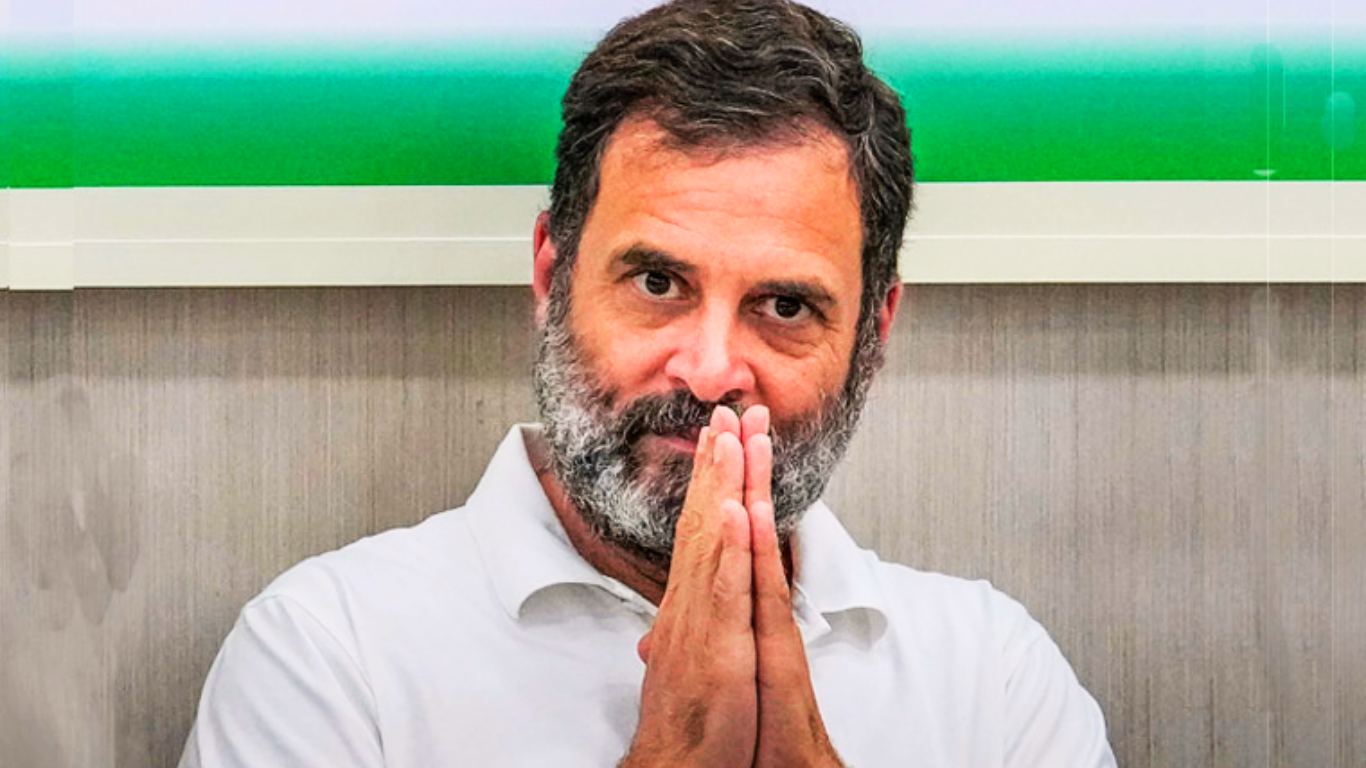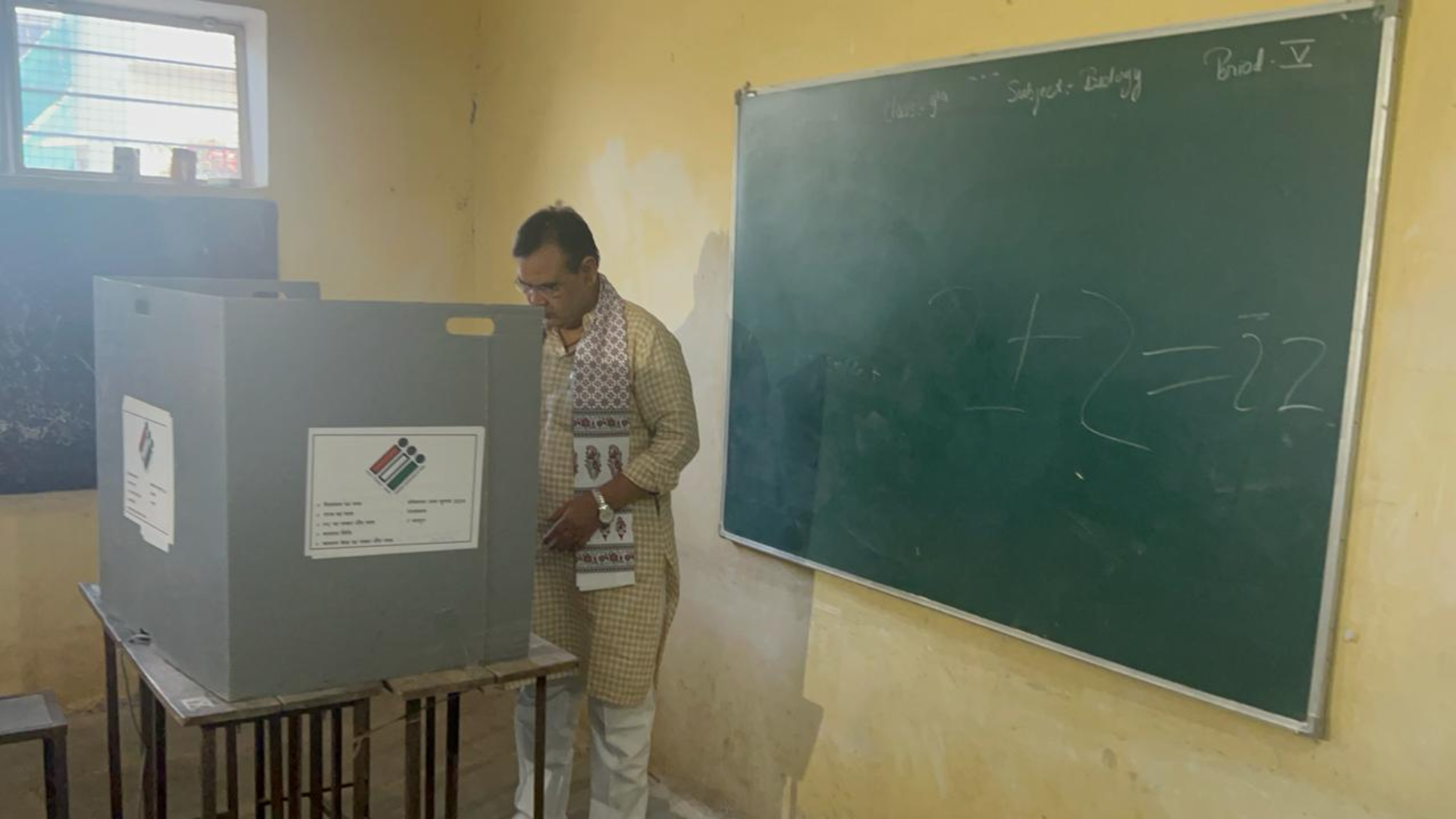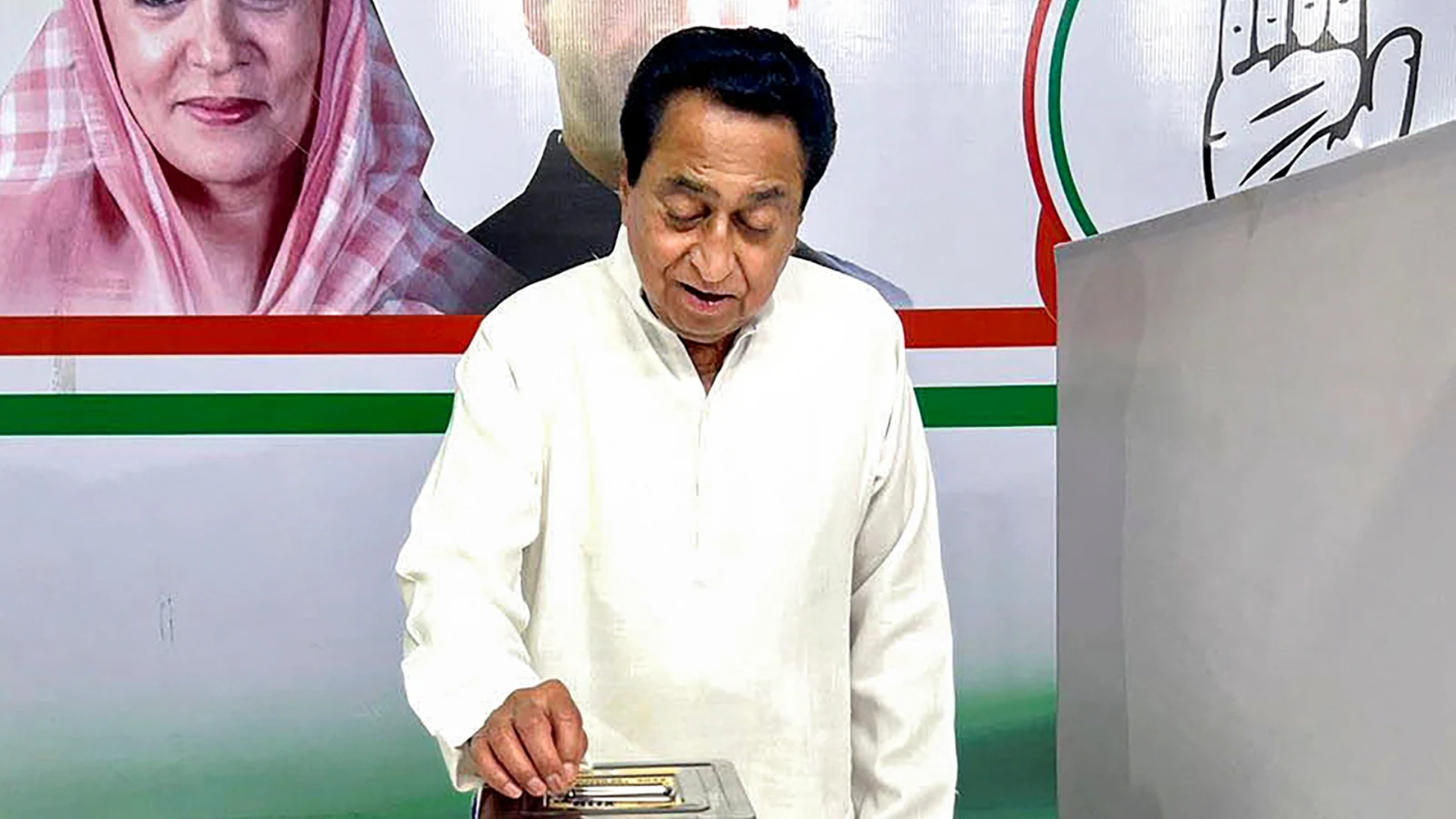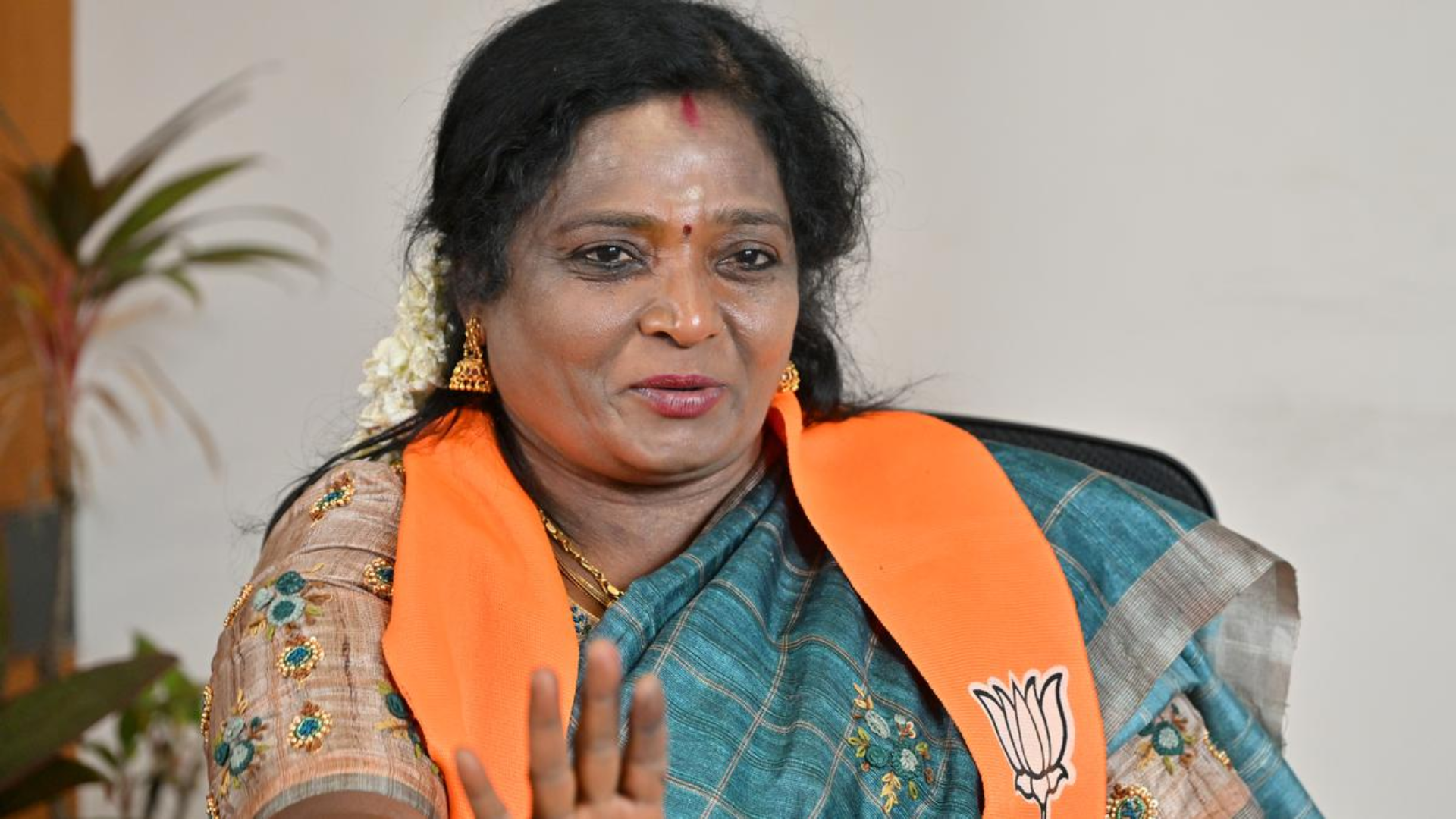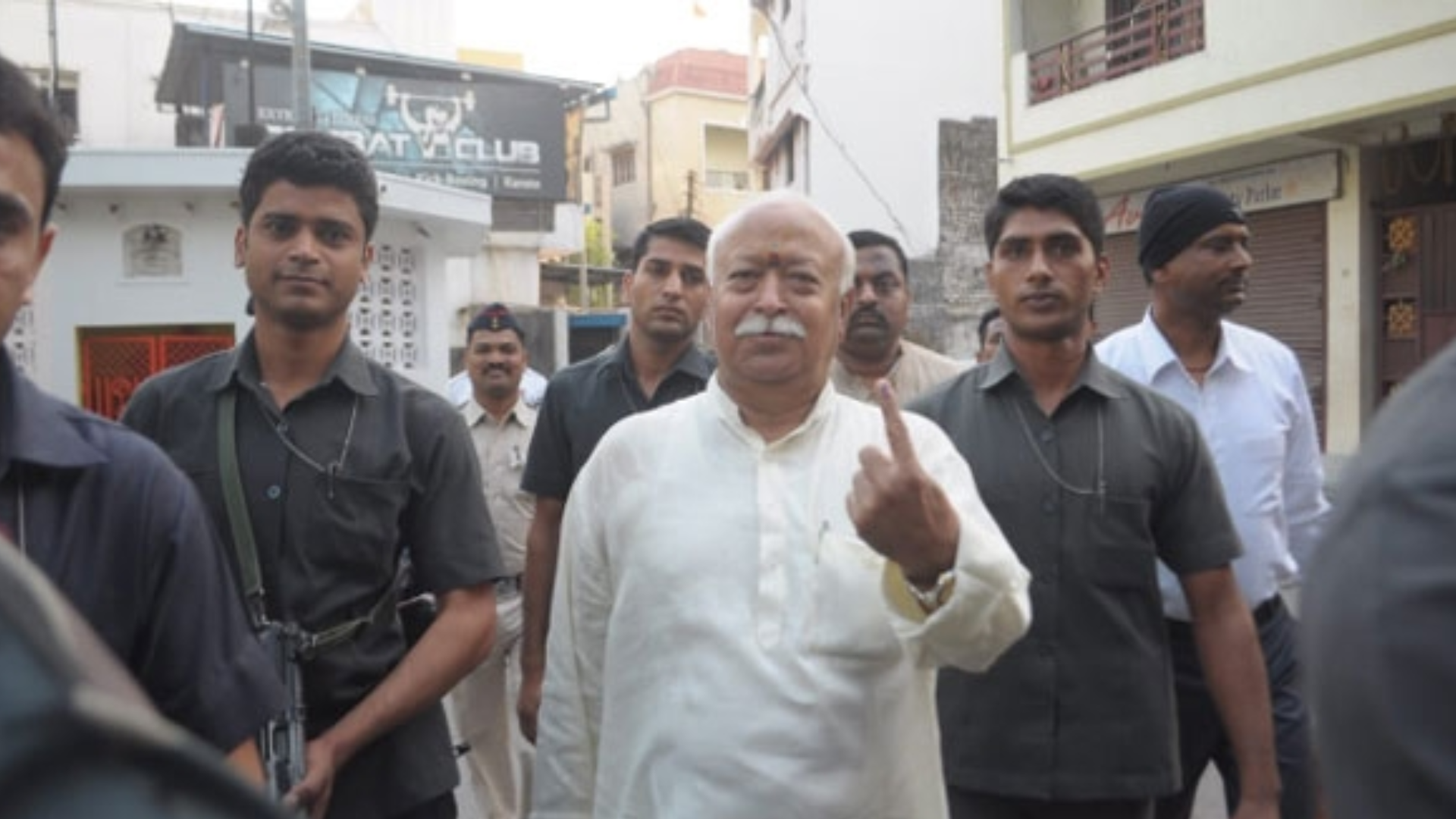


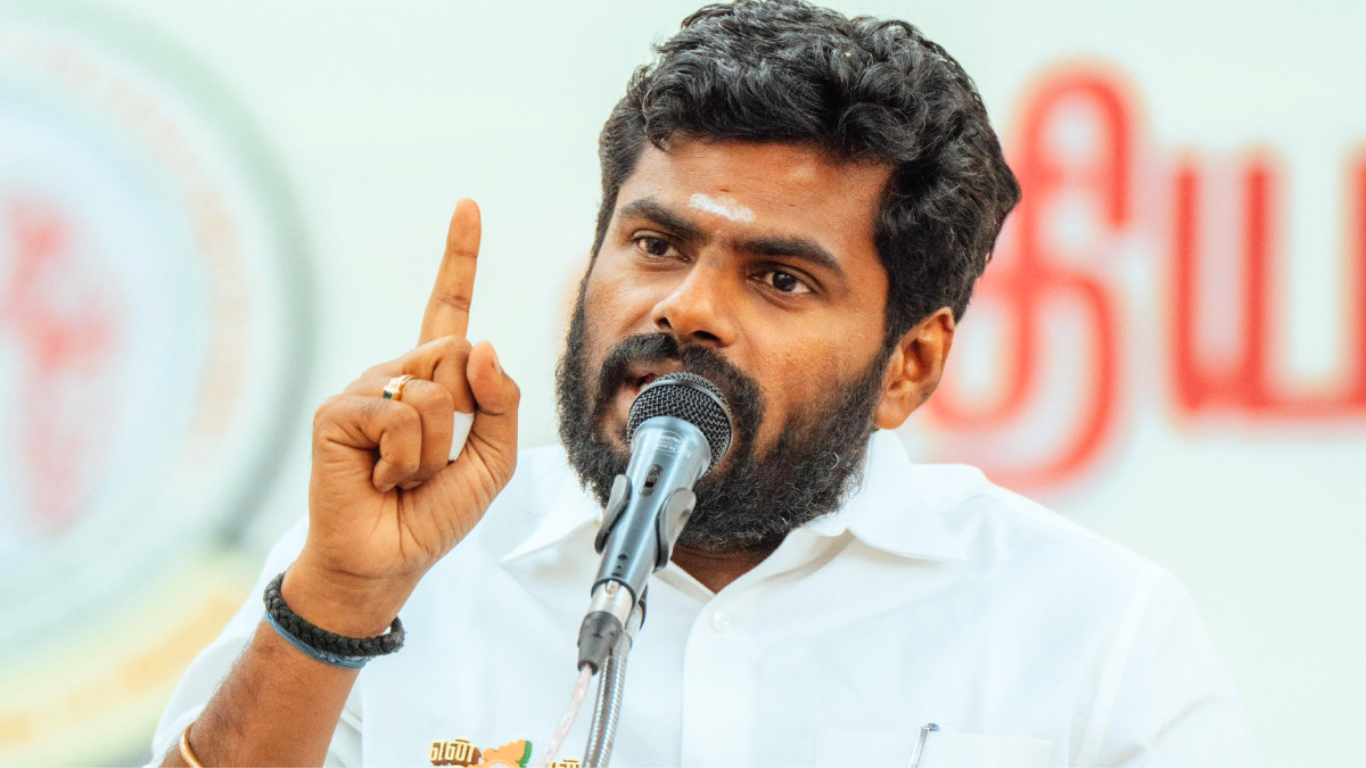
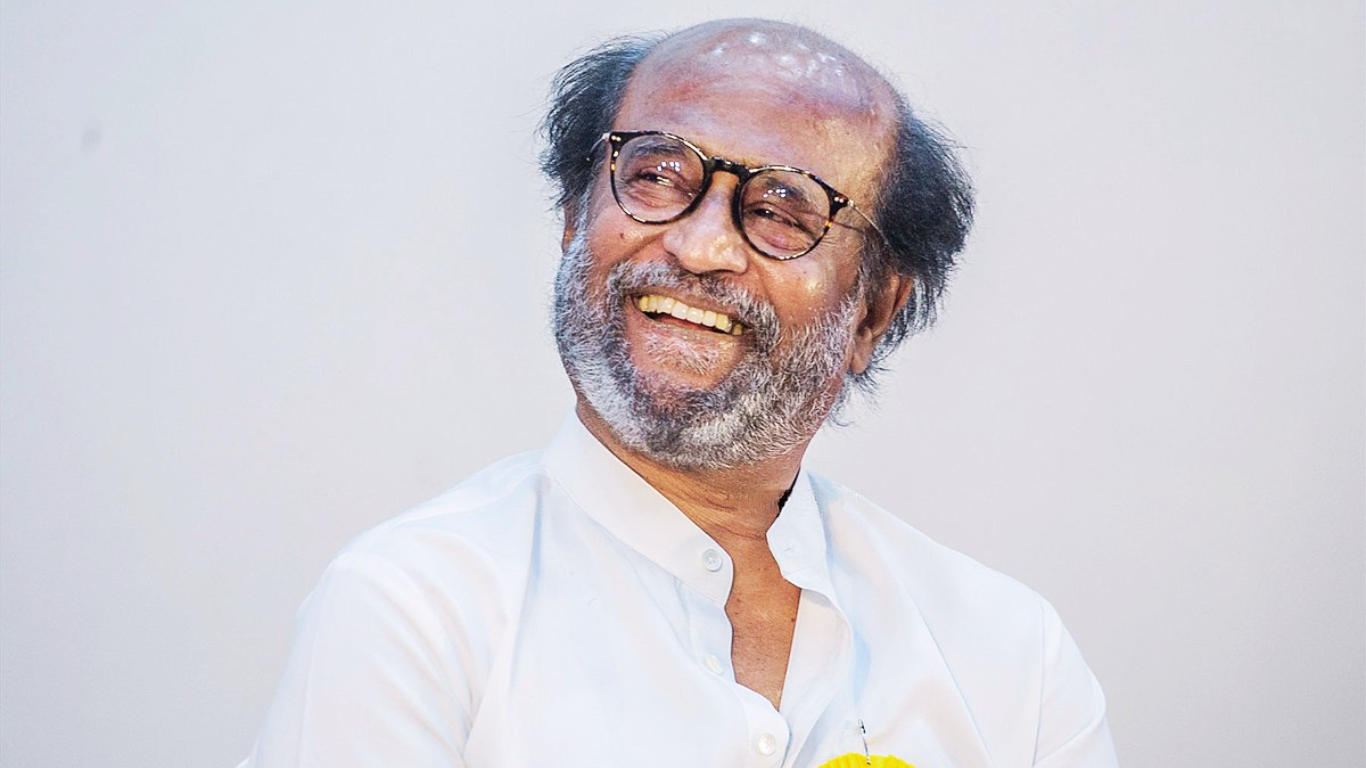


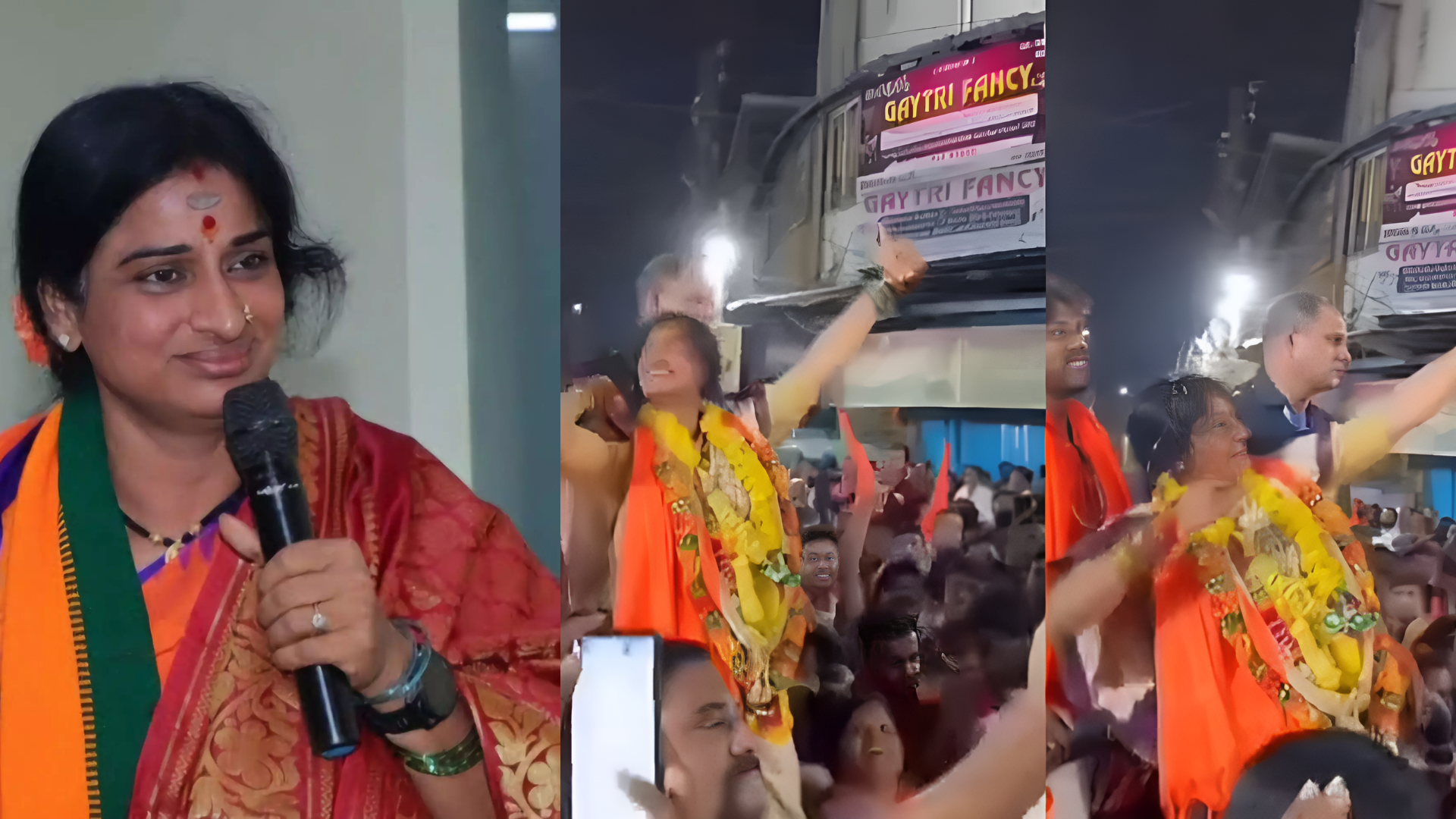
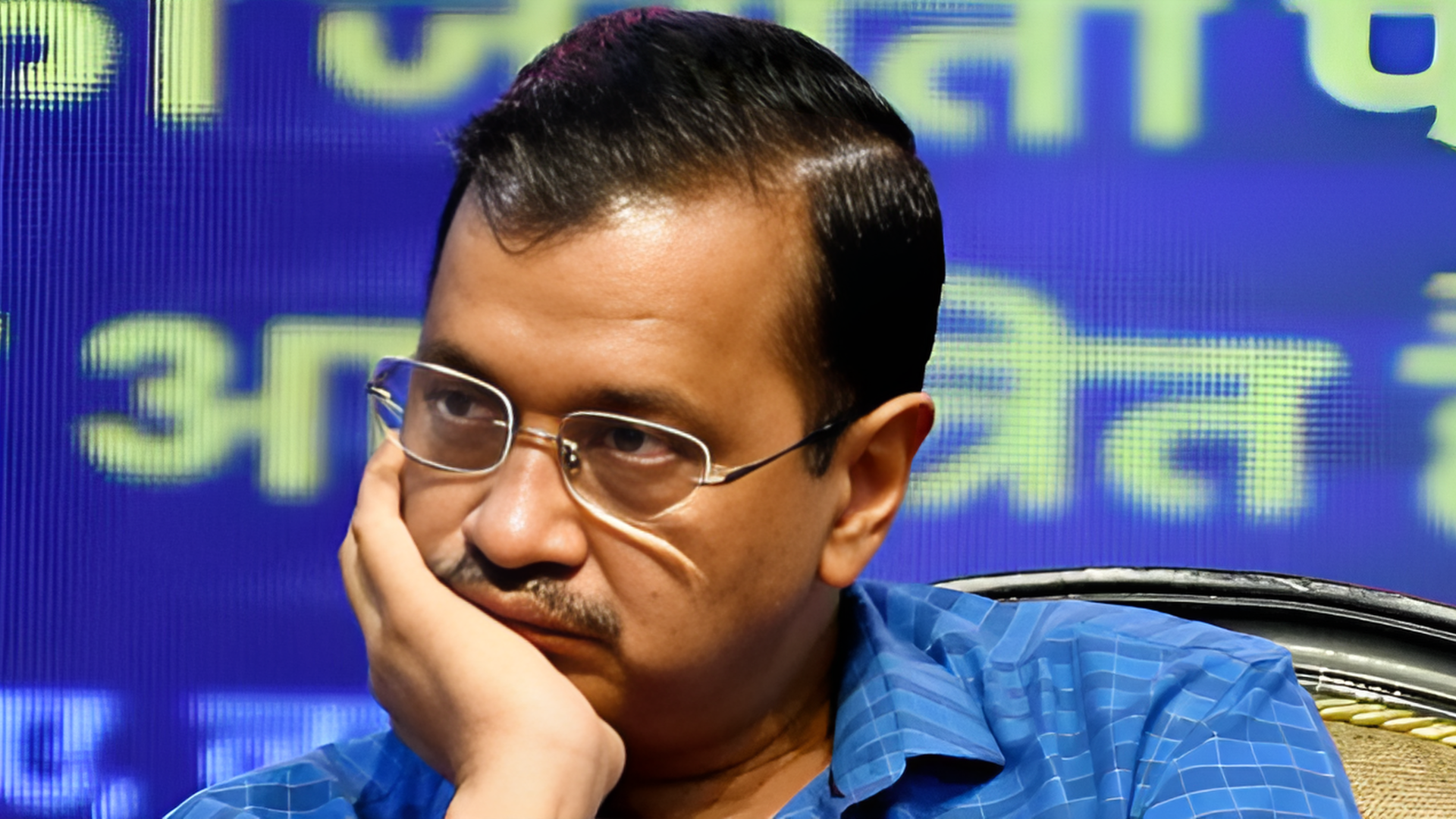
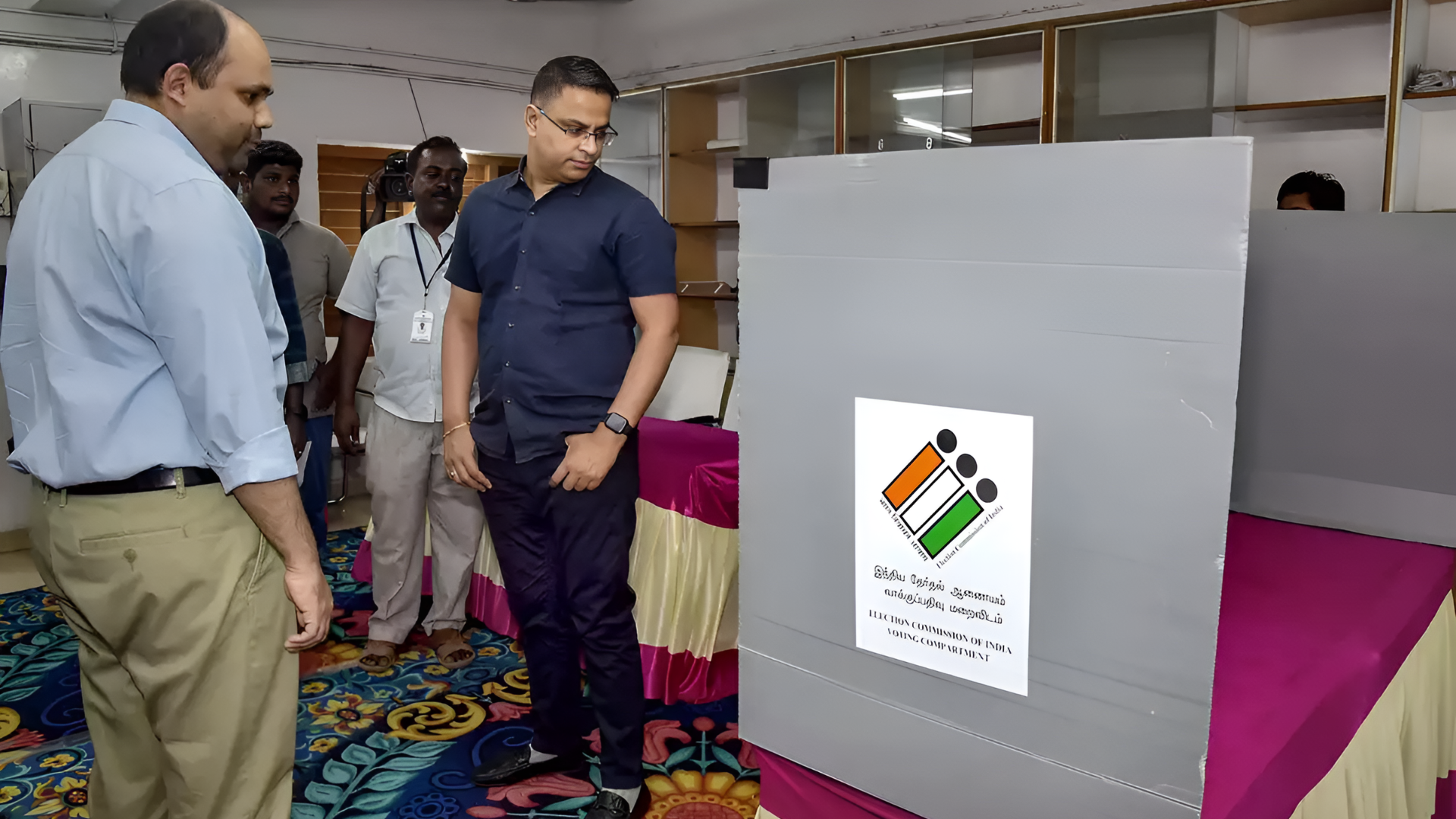
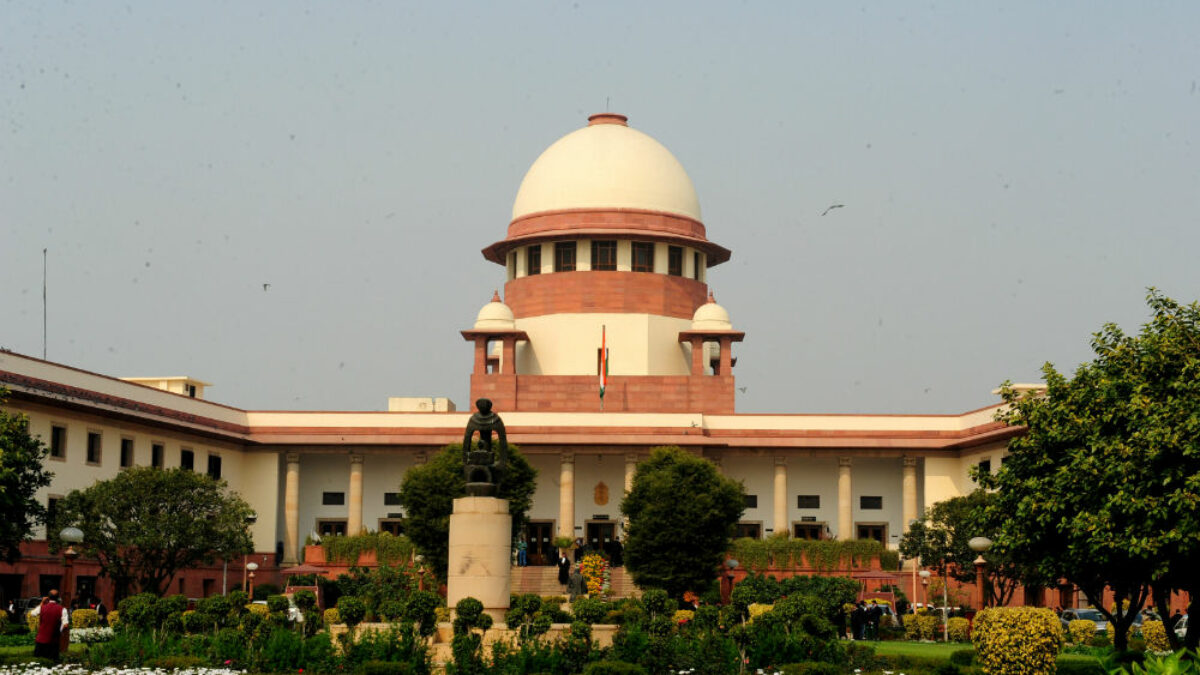
The Supreme Court has instructed its Secretary-General to react in a lawsuit involving the procedure for investigating sexual harassment allegations against serving and retiring judges.
After senior counsel Indira Jaising informed the court that the Secretary-General had failed to file an affidavit, a bench of Justices Sanjay Kishan Kaul, A S Oka, and Vikram Nath directed the Secretary-General to make his response within four weeks on the subject. Jaising also stated that she would want to file some further information about the recent progress in developing a framework inside the judiciary to address such complaints.
The issue has now been scheduled for hearing on November 15 before the Supreme Court.
The Supreme Court was hearing a case in which a law intern accused a former Supreme Court judge of sexual harassment in 2014. In January 2014, the judge got a gag order from the Delhi High Court prohibiting the media from publishing any information that “highlights the claims” made by the victim.
The claims were dismissed by the judge as “baseless, fraudulent, and motivated.”
The Supreme Court accepted the petition for hearing in January 2014, noting that “as on date, there is no mechanism to enquire into complaints of sexual harassment against all judicial officers, sitting or retired judges, whether while holding office or not,” and agreed to issue a notice on this limited aspect.
The Supreme Court said on Tuesday that the final hearing in the case involving the constitutional legality of reservations for the Economically Weaker Section (EWS) in higher education and concerns of public employment based on financial circumstances will commence on September 13.
The constitutional validity of the 103rd Amendment Act, 2019, which allowed the state to impose reservations in higher education and public employment based only on economic reasons, would be the first issue addressed by a five-judge bench chaired by Chief Justice of India UU Lalit. The Janhit Abhiyan case will now be heard by a five-judge panel led by Chief Justice UU Lalit.
Janhit Abhiyan’s case is about contesting the constitutional legality of the 103rd Amendment Act, 2019, which allowed the state to create reservations in higher education and public employment based only on economic reasons.
Furthermore, the Janhit case will be considered alongside a case brought by the Andhra Pradesh government against the High Court’s judgement in 2005 to overturn its decision to award reservations in education and public service to the entire Muslim population of the state.

